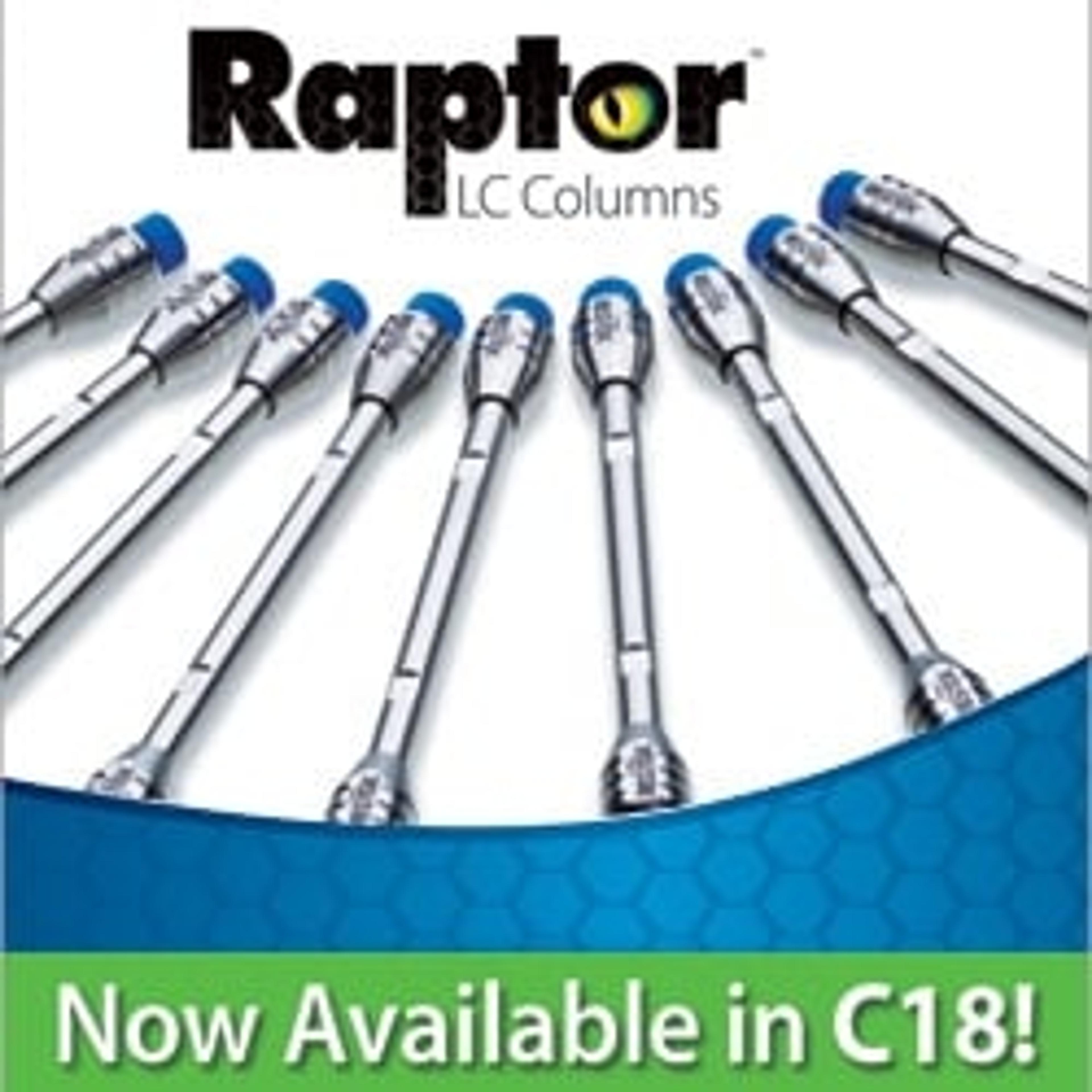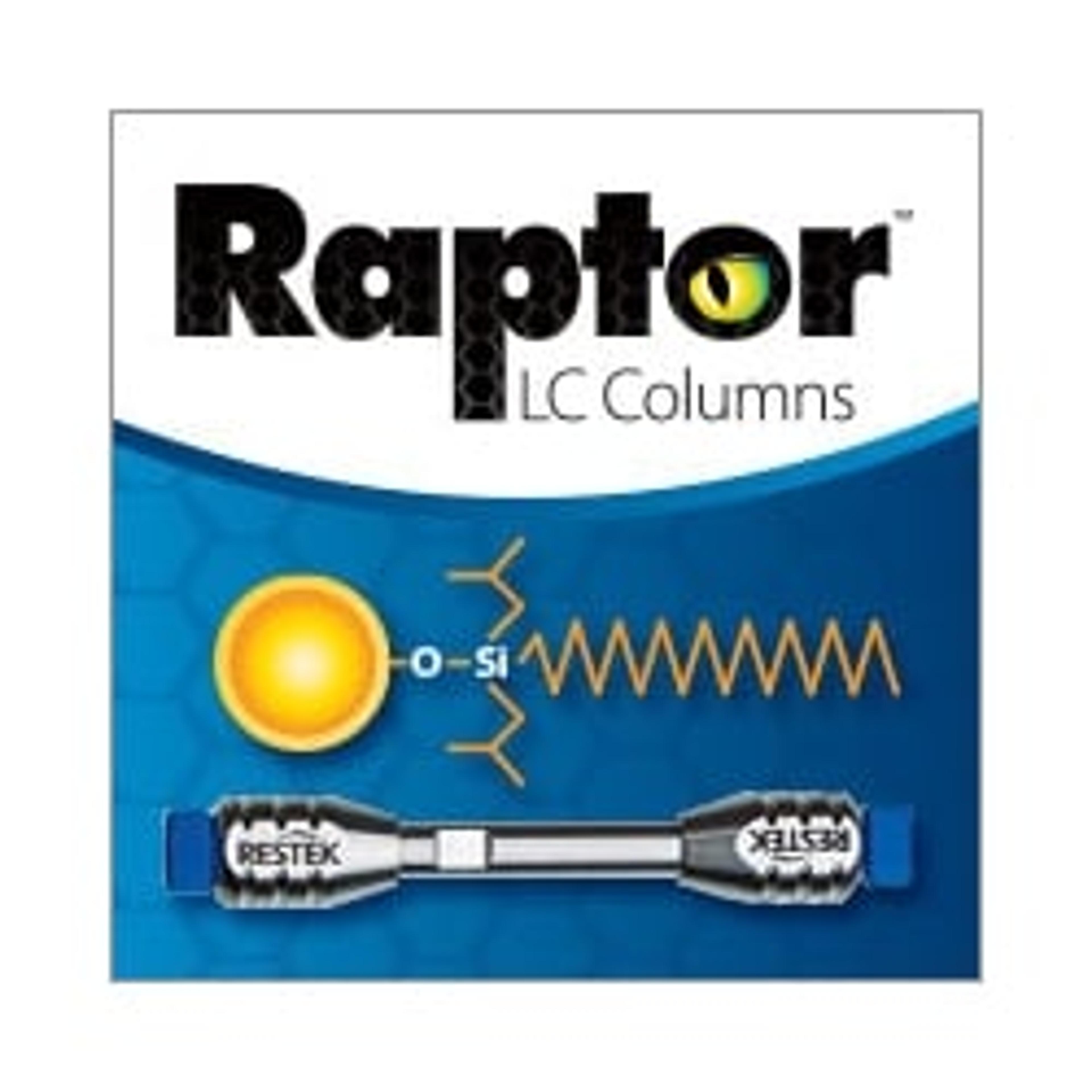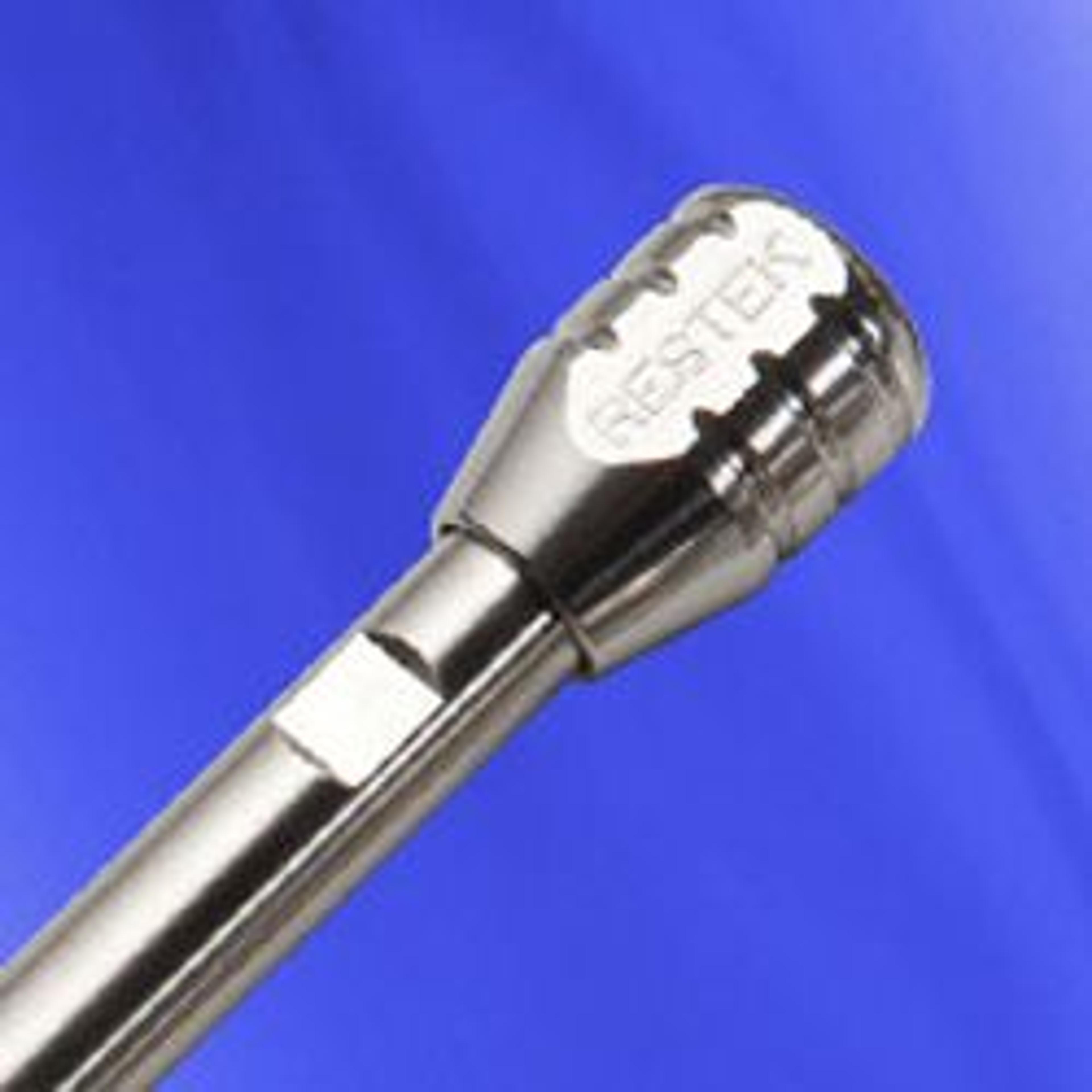Three Novel Ways Scientists are Using Chromatography to Keep Environmental Contaminants at Bay
Discover application notes to enhance your environmental testing laboratory output
21 Dec 2017
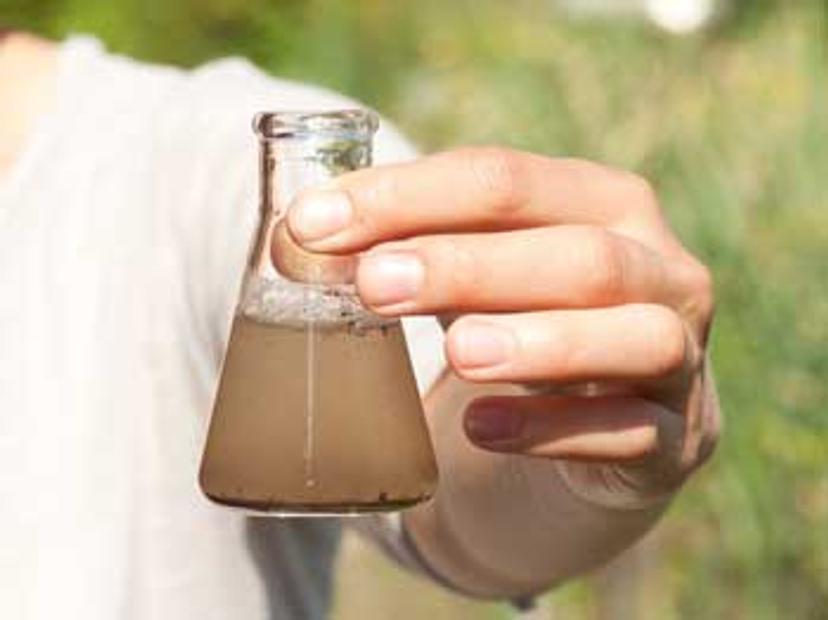
As pesticides, volatile organic compounds (VOCs), persistent organic pollutants (POPs) and industrial chemicals continue to creep into our surrounding environments, accurate analysis and determination are required to ensure contamination levels are being kept in check and are not reaching hazardous concentrations. Samples from water, soil, air and foodstuff need to be regularly tested for a variety of important analytes to help protect both the ecosystems and human health. For this, scientists use hyphenated chromatographic methods for detection.
In this article, discover novel techniques enabling faster and comprehensive environmental analysis for your lab.
Fast, Optimized GC Purge-and-Trap Analysis of Volatiles for Soil and Water Methods
Purge and trap analysis of VOCs in soil and water samples has always been problematic with diphenyl/dimethyl polysiloxane columns. Discover how the Restek-designed Rtx-VMS columns optimize the separation of commonly analyzed VOCs of environmental concern.
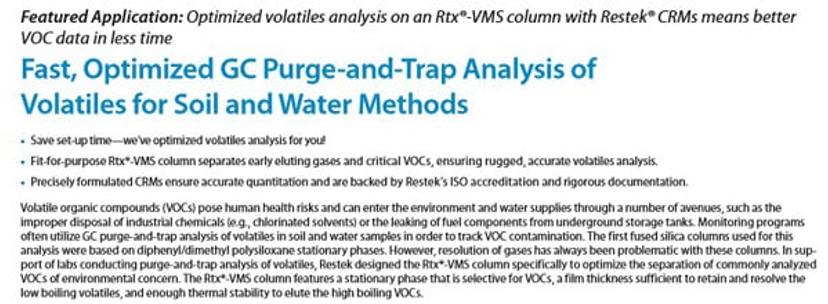
Improve Analysis of Aldehydes and Ketones in Air Samples with Faster, More Accurate Methodology
Monitoring airborne carbonyls from industrial and vehicle emissions is important in controlling ozone and smog levels. However, methods often require long analysis times and can fail to provide accurate resolution. This application note discloses a fast and accurate methodology using Restek's Raptor LC columns for the analysis of airborne carbonyl pollutants.
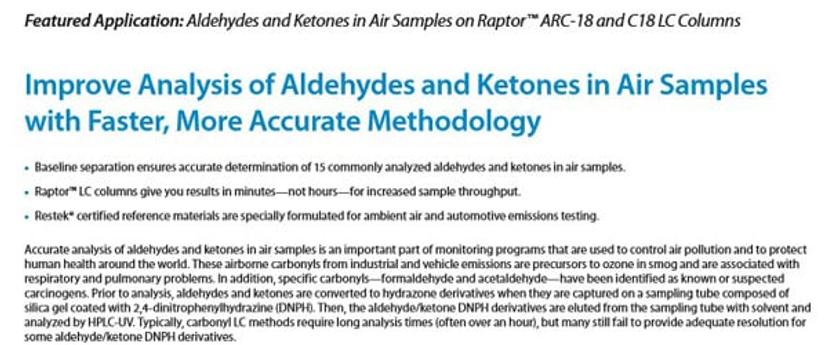
Typically, pesticides have been monitored by gas chromatography (GC), leaving many polar and thermally unstable pesticides impossible to monitor. In this application note, discover the recent advances in LC/MS/MS for pesticide residue testing and how the Ultra Aqueous C18 columns are ideal for monitoring hundreds of potential pesticide contaminants, including those difficult to detect by GC.
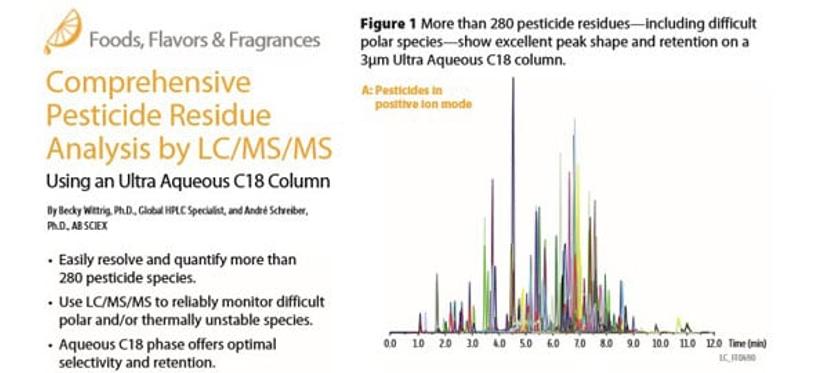
To hear more about Restek's Raptor LC Columns, watch the SelectScience video interview here or to learn more about Restek's laboratory solutions, watch the Restek pure chromatography video here

